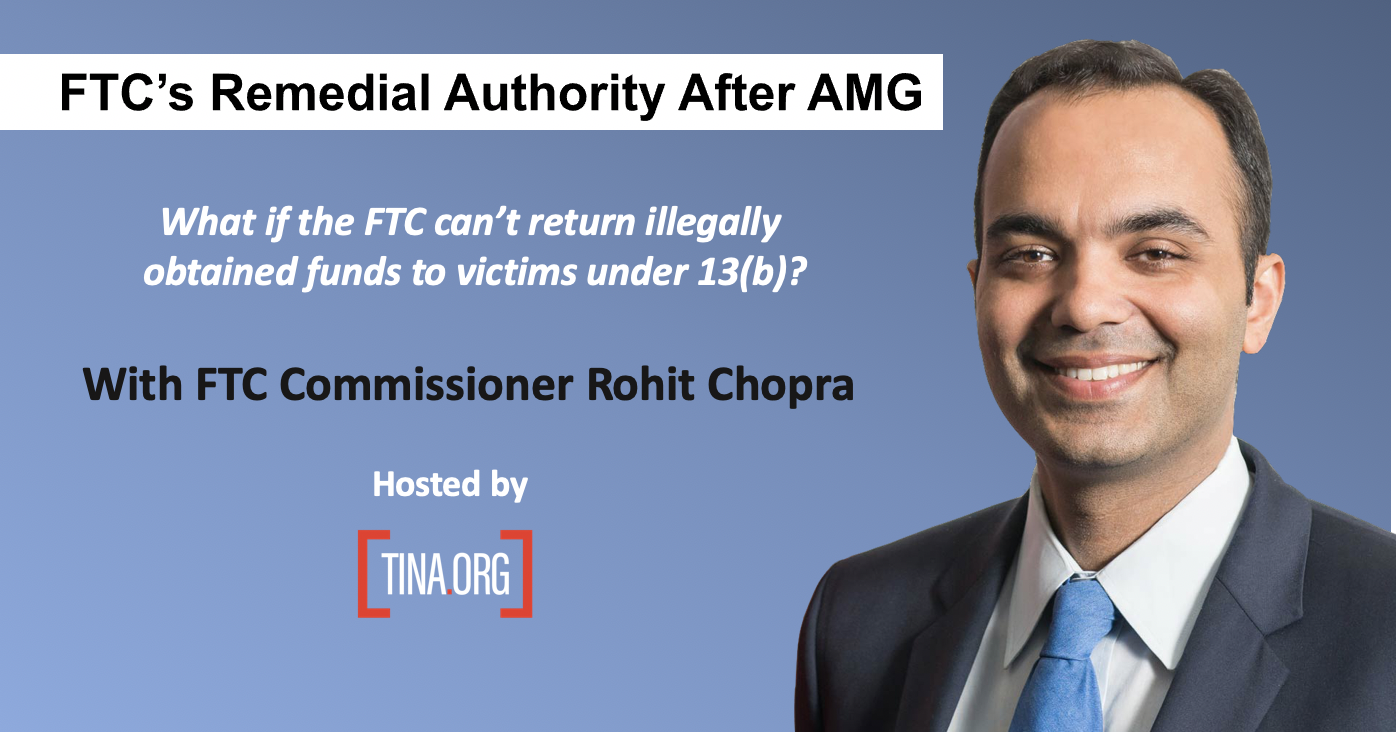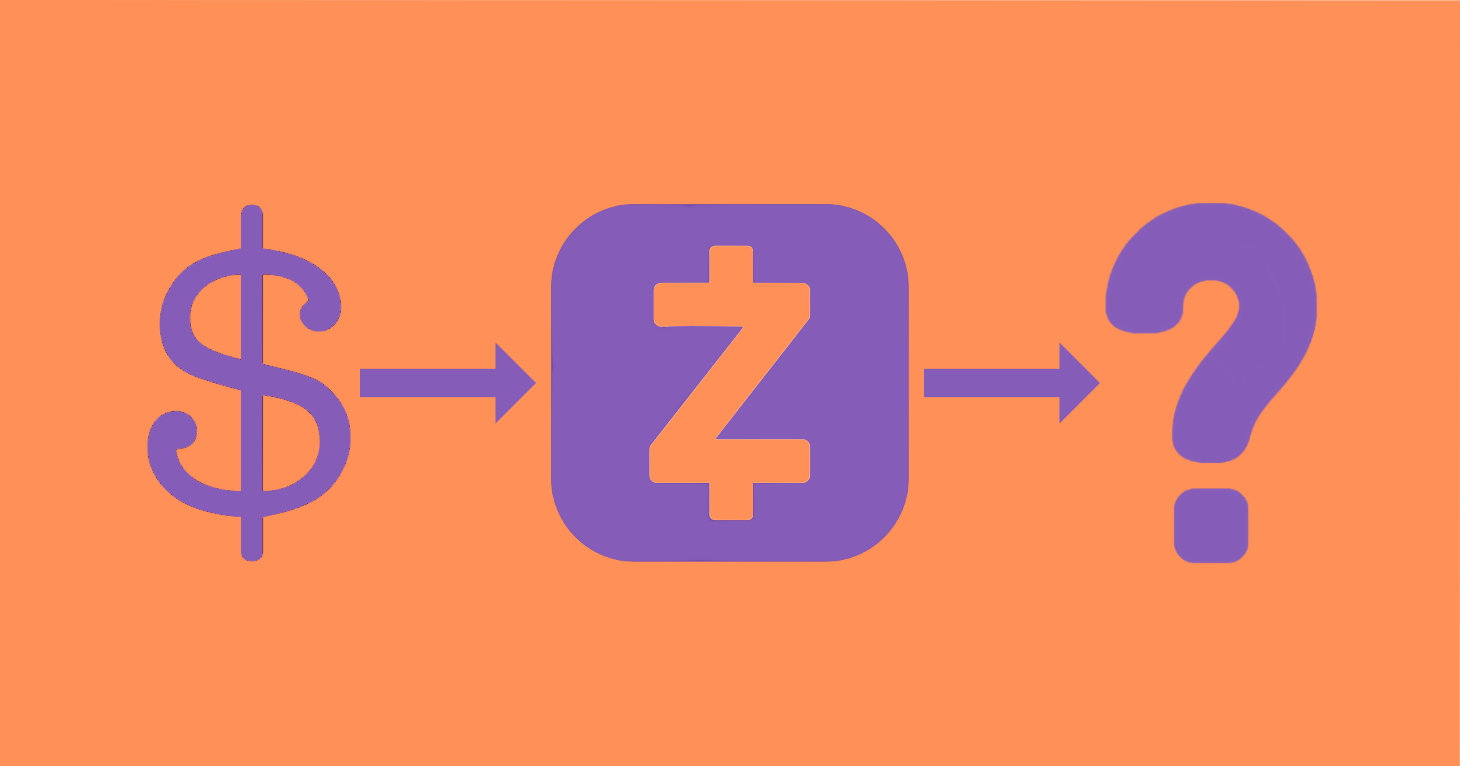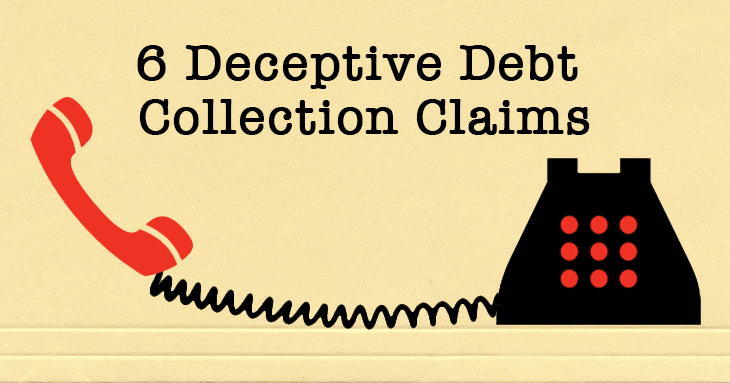
TINA.org Webinar: FTC’s Remedial Authority After AMG
In case you missed it, watch the webinar with FTC Commissioner Rohit Chopra.
Lawsuits allege app fails to disclose lack of protections against fraud and recourse for the defrauded.
This article highlights a trend in class-action litigation as identified by our Class-Action Tracker. Thus the name of this feature, CATrends. (Apologies if you were expecting funny cat videos.)
In 2021, consumers and businesses sent 1.8 billion payments totaling $490 billion through the money transfer app Zelle, which is jointly owned by seven of the largest U.S. banks and used by more than 1,400 banks and credit unions. That’s more than twice as much money that was sent using Zelle’s closest competitor, Venmo, last year. However, the same feature of the app that makes it appealing to consumers and businesses alike – near-instantaneous money transfers – has also made it a breeding ground for scammers. The New York Times reported earlier this year:
It’s hard to tell exactly how much fraud takes place through Zelle because banks aren’t required to publicly report their losses. Banks say they take fraud seriously and are constantly making adjustments to improve security. But police reports and dispatches from industry analysts make it clear that the network has become a preferred tool for grifters like romance scammers, cryptocurrency con artists and those who prowl social media sites advertising concert tickets and purebred puppies — only to disappear with buyers’ cash after they pay.
Since the publication of the Times’ article, in March, at least nine class-action lawsuits have been filed claiming that Zelle money transfers are misleadingly marketed as safe and secure. According to the litigation, the marketing fails to disclose the risk that account holders who lose money due to fraud on the platform will not be reimbursed for their losses. A complaint filed in July against the company that operates Zelle, Early Warning Services, which the banks also own, alleges:
Zelle encourages bank accountholders to sign up for the service by marketing itself as a fast, safe and secure way for consumers to send money. This is false. In fact, there are huge, undisclosed security risks of using the service, including from fraudsters who regularly exploit the service. Zelle’s marketing representations never inform users that consumers – not Zelle or the banks through whom money is transferred – bear the full risk of these grave security and fraud threats.
Several banks – including Bank of America, TD Bank and Wells Fargo – and one credit union are also named in the litigation. And a lawsuit filed in June against Venmo, which is owned by PayPal, similarly alleges that the company markets its money transfers as safe without disclosing the lack of protections against fraud and recourse for the defrauded.
The lawsuits come as some U.S. senators have urged the banks that own Zelle – Bank of America, Capital One, JPMorgan Chase, PNC, Truist, U.S. Bank and Wells Fargo – to do more to protect consumers. They estimated that Zelle users lost $440 million to fraud last year.
For more on this trend in class-action litigation, click here.
In case you missed it, watch the webinar with FTC Commissioner Rohit Chopra.
Experts weigh in on how to avoid being a victim of these latest campus scams.
There are laws on what collectors can say or do, as the country’s top two debt buyers recently found out.


